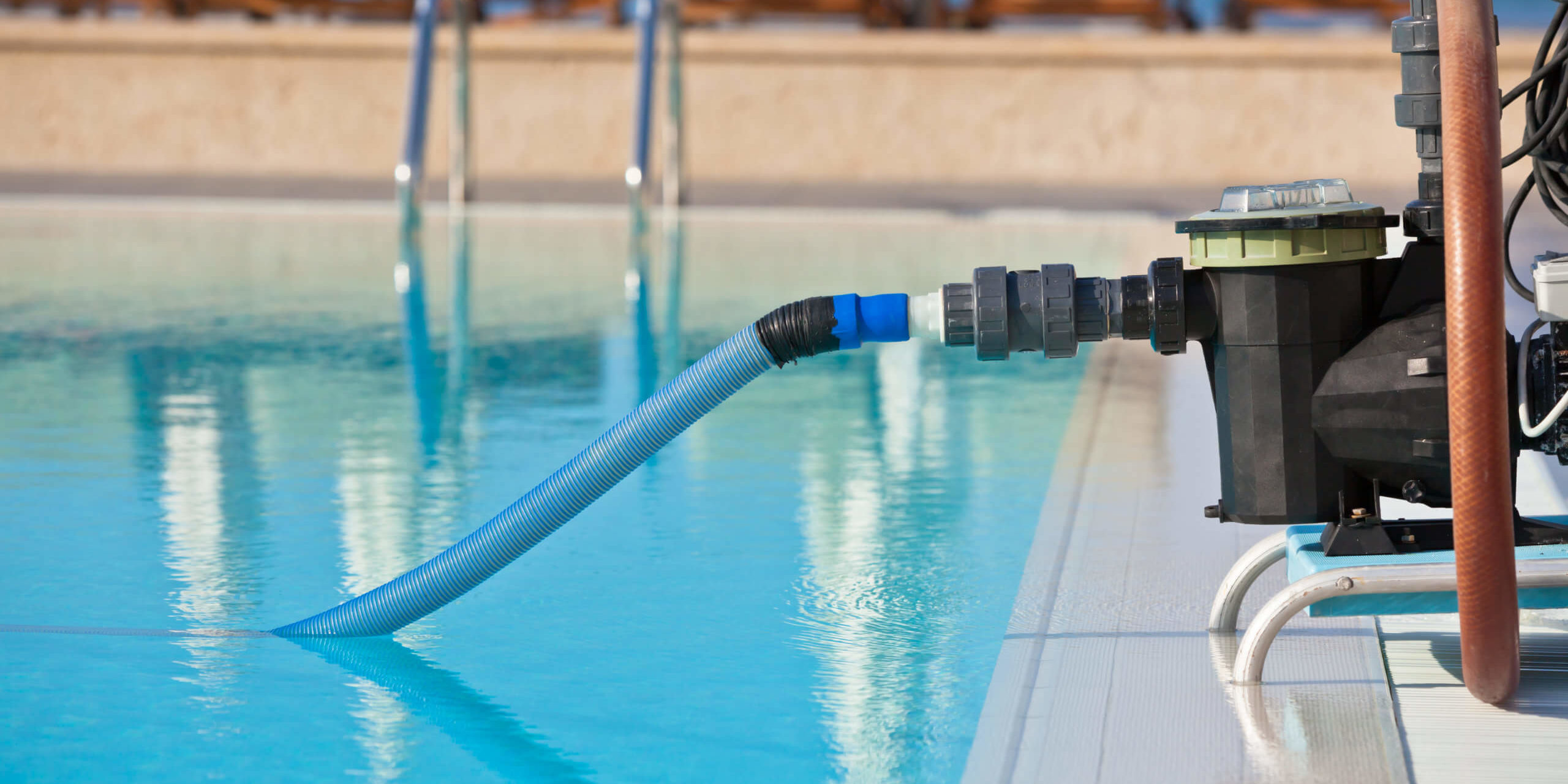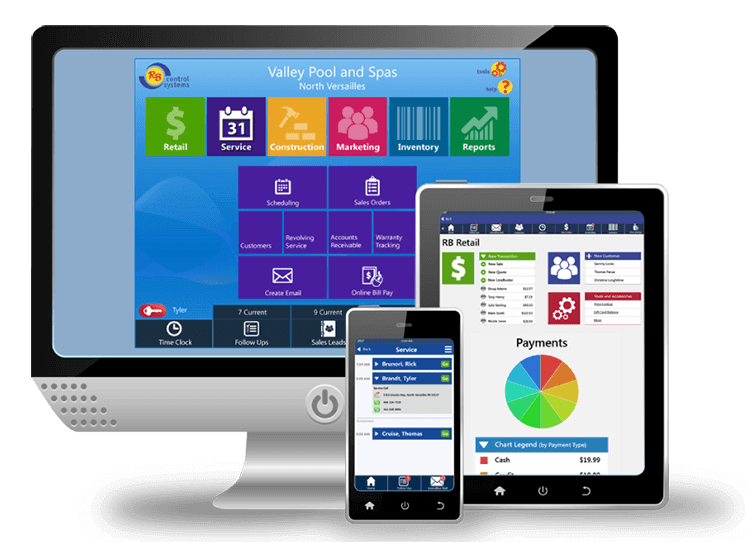Tips For Coping With The Current Trichlor Chlorine Shortage
The pool industry has benefited from the extra time people have spent in their homes the past two years. From 2020 to 2021, pool construction was up about 20 percent. This boom in construction also created a greater need for pool maintenance supplies and services. Unfortunately, the same forces that kept people home caused supply chain issues throughout every industry. Perhaps the most difficult challenge for pool and spa companies has been the trichlor chlorine shortage. The destruction of the BioLab factory when Hurricane Laura barreled through Louisiana in August of 2020 made things even worse.
According to Reuters, 835 tons of trichloroisocyanuric acid was destroyed in the disaster. Since this factory produced more than a third of the country’s supply and isn’t expected to be up and running before May 2022, pool companies and their customers should prepare for shortages to continue in the short term. While this is an inconvenience for customers and pool and spa companies alike, there are some practical steps you can take to make the situation easier.
Inform Customers of the Trichlor Chlorine Shortage
Clear and prompt communication with your customers is essential. While no one likes price increases or, worse, to be told what you want is unavailable at any cost, customers need to know that this is a temporary, industry-wide problem. Your customers will feel valued if you explain why prices have gone up and suggest ways for them to reduce the need for trichlor until it is again widely available. They also will appreciate hearing about price increases before the season starts to make it easier for them to adjust their budgets.
Alternatives to Trichlor Chlorine
While trichlor is more expensive than it was a year ago, cost is not the only issue. There simply isn’t enough trichlor chlorine to go around. You can help your customers and your bottom line by shifting to alternative ways to maintain your customers’ pools that don’t rely on trichlor or that reduce the amount needed until the trichlor chlorine shortage is over.
Liquid Chlorine
Liquid chlorine specially-designed for pool care is the obvious choice, though some customers may not like the inconvenience of more frequent water testing to ensure chemical levels are balanced and safe for use. Inform your customers that for best results, they will need additional products, such as a conditioner to stabilize the chlorine, slowing the sun’s ability to quickly break it down. Their pools may also benefit from performance-boosting products such as a preventive algaecide to cut down on algae growth and an enzyme additive to remove other contaminants. Explain to customers that these will help chlorine focus on bacteria and last longer.
Non-Chlorine Sanitizers
While most people think of chlorine when they think of pool sanitation, there are other options to consider. Baquacil is a popular non-chlorine pool sanitizers that many customers may already be familiar with. Bromine can be a good alternative for indoor pools and spas.
Mechanical Systems
Remind customers that there are options that will permanently reduce the need for chemicals, such as UV, AOP, salt chlorine generators and Ozone systems. While these require a higher upfront cost, some customers may find them more practical and possibly even cost-efficient in the long run.
Reduce the Use of Trichlor Chlorine
Until the trichlor chlorine shortage is over, customers can be encouraged to take steps to reduce the amount of trichlor they need. While doing so may be inconvenient, maintaining clean pool water is always easier and less costly than correcting water issues.
Reduce Contaminants
Educate customers on what contaminants cause a higher demand for chlorination. Your customers likely know that removing natural contaminants such as pollen and leaves will keep their pool clearer, but they may not realize that personal products such as body lotions and cosmetics can also contaminate pool water. Reducing the use of these products or showering before entering the pool can also reduce the need for trichlor chlorine.
Use Time-Release Products
Products that control the amount of chlorine by adding small amounts throughout the week not only keep chlorine levels stable, but also result in using less overall.
The good news is that the trichlor chlorine shortage is not expected to continue beyond this season. The new BioLab factory is under construction and, when complete, is expected to produce trichlor at higher levels than ever before. If all goes well, the trichlor chlorine shortage will be a thing of the past before this pool season ends.
RB’s Mobile Water Testing Capabilities Make Frequent Testing Easier
If your customers are concerned about how frequently they may have to test due to using trichlor alternatives or reducing their use of trichlor, RB’s pool and spa business software enables mobile water testing, making it easier for customers to get frequent updates on their pool water chemical levels. Contact us today for a demo!





